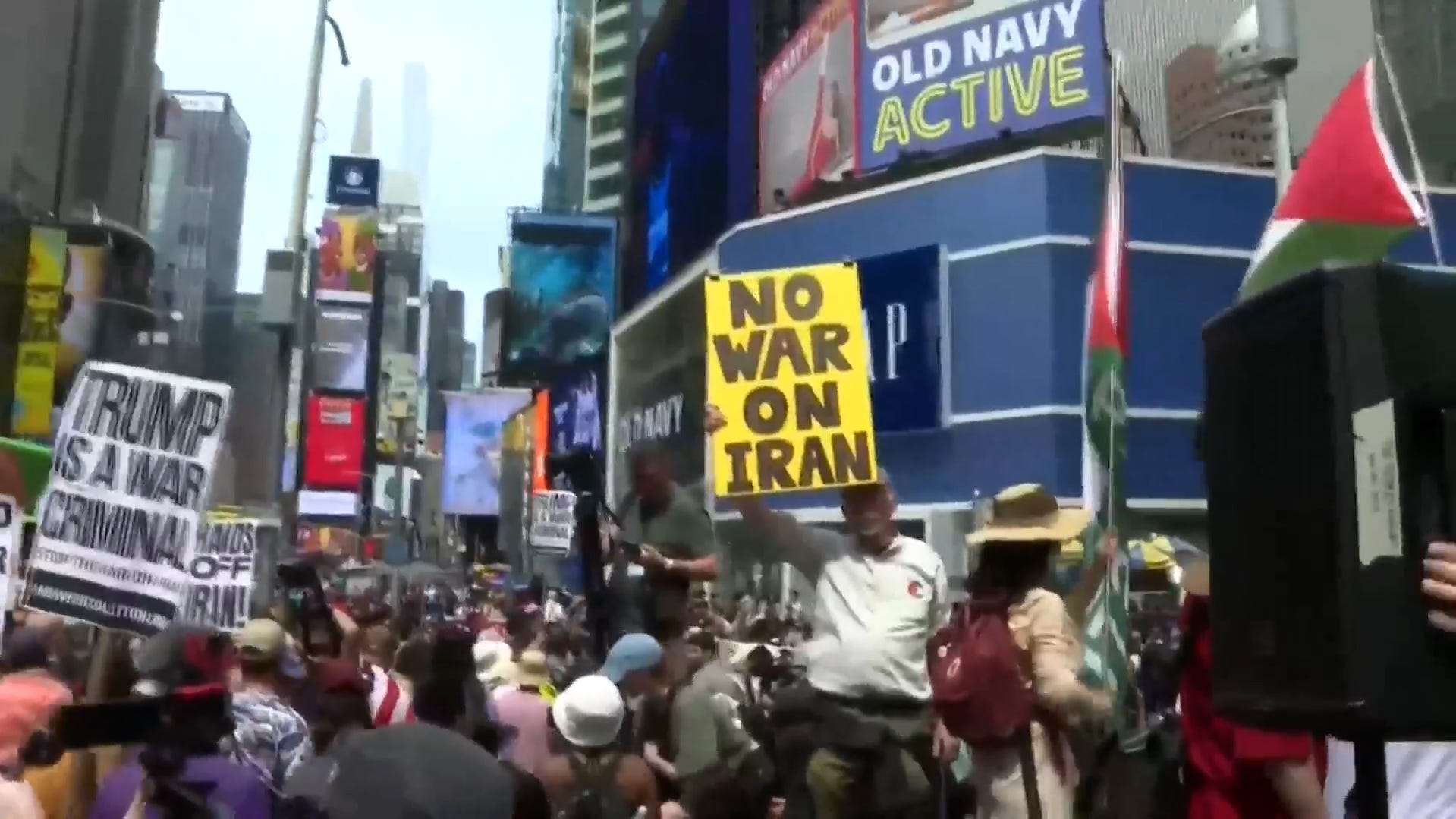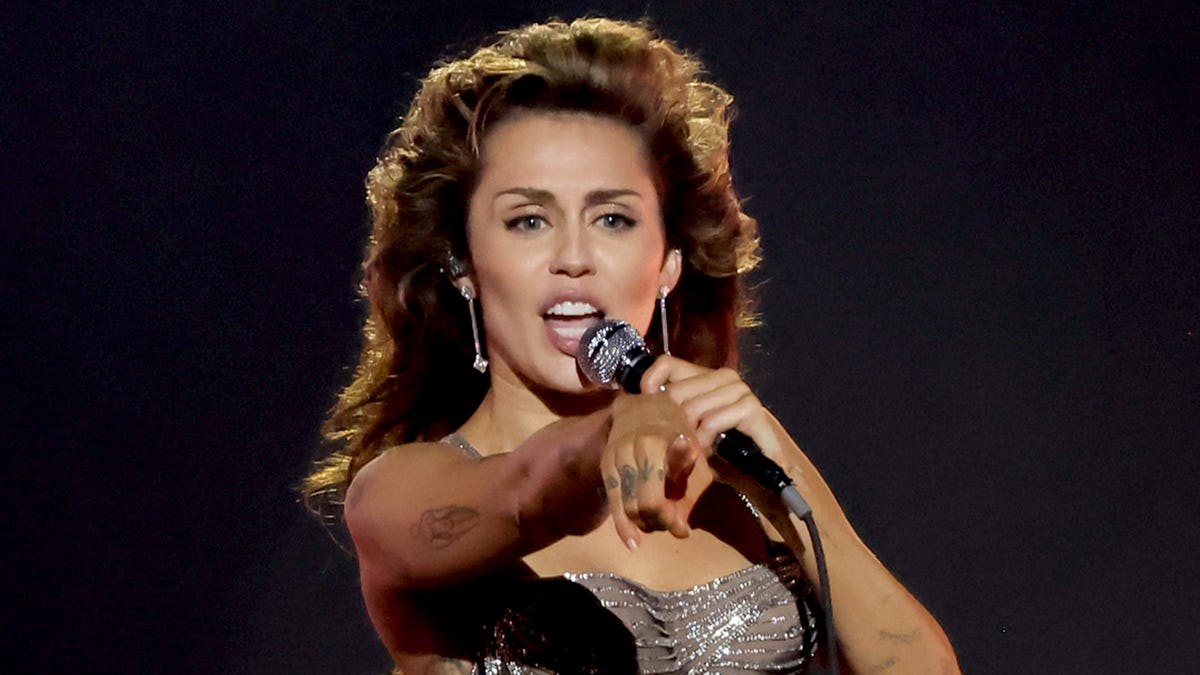
Protests against US bombing of Iran erupt from New York to Paris
Protests against the U.S. strikes on Iran erupted worldwide, from Paris to the White House in Washington, D.C.
U.S. Vice President JD Vance says America is “not at war with Iran,” but young people aren’t so sure. Gen Z has taken to social media to share their fears – and a heavy dose of misinformation – about the U.S. entering “#ww3” following U.S. strikes on Iranian nuclear sites over the weekend.
Unlike millennials, who grew up witnessing U.S. invasions in Iraq and Afghanistan, Gen Z has yet to experience the political culture of the U.S. engaged in a war.
This is a cohort born after 9/11, whose collective memory thus far has largely been defined by the COVID-19 pandemic. Now, their penchant for coping with humor is capturing very real feelings following the weekend’s scary news.
“I wanna just live my life peacefully with my dog but I guess that’s just too much to ask,” said one TikToker in a video that has more than 195K views. Another wrote that fears about the conflict “really makes me wonder if I’ll ever get experience being a husband and father.”
“It’s not just fear, it’s a loss of innocence,” said Kristen Harrison, Richard Cole Eminent Professor at the UNC Hussman School of Journalism and Media.
“There’s more than fright there, there’s a sense of betrayal and a real hit to a feeling of trust,” Harrison added.
‘GRWM’ for war
The posts in the hours following U.S. attacks on Iran toe the line between unserious and depressing in a quintessential Gen Z way, calling out the cognitive dissonance of scrolling “GRWM” vides one second and footage of burning buildings the next.
The randomness is endemic to how Gen Z is trolling reality right now. The Swifties said they’re ready for Iranian “sleeper cells,” quoting a lyric from their favorite pop star.
“We’re so cooked,” read one caption for a video featuring a medley of uplifting clips set to Nicki Minaj’s “Starships” and footage of missiles streaming through a night sky. This kind of video may make zero sense to an older person, or even seem unfunny, but to young people, calm is found in the distraction.
The absurdity of these posts captures how strange it feels to be going on with normal life as civilians around the world are in life-threatening situations, Harrison said.
“They’re almost mocking themselves,” she said. The reliance on the hyperbolic humor helps Gen Z manage “terrifying but surreal news” and feelings about topics they may not even understand yet.
The posts also speak to the issues Gen Z values the most, such as social inequality in the context of who would serve in a war and the environmental fallout of a strike on a nuclear facility.
Many of America’s young people have made it clear already they don’t want military interventions abroad: Polling of Gen Z voters from last year found young people were more supportive of Palestinians and did not want the U.S. to send aid to Israel.
How to cope with a stressful news cycle
Beneath the posts is a very real need to deal with stress about scary news, Harrison said.
If just thinking to yourself “it will all be OK,” doesn’t feel soothing enough, Harrison recommends putting guardrails on your news consumption: Turn off notifications because you cannot control when and how often these will come. Also, if you want to share news, do so carefully, she said, with attention to not re-traumatizing your followers with violent or jarring material. For example, she recommends putting a link to an article or video in a caption or comment rather than sharing the sensitive content itself, allowing your followers to opt in if they want to see more.
The spiral online is a little less scary when stress is channeled into actions, too, Mona Eshaiker, a licensed therapist, previously told USA TODAY. For a politically engaged generation like Gen Z, this could look like canvassing, volunteering, donating to charity and reaching out to elected officials.
“Being part of a group can also provide a sense of support and community.”
Contributing: Charles Trepany









